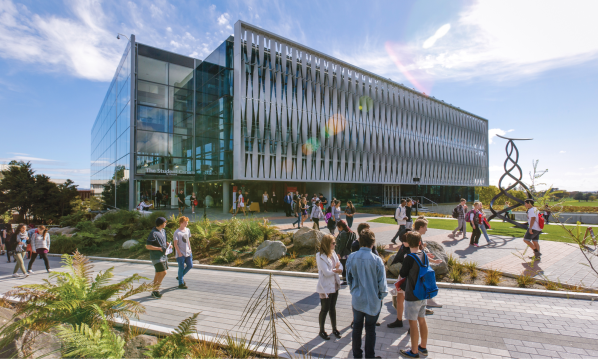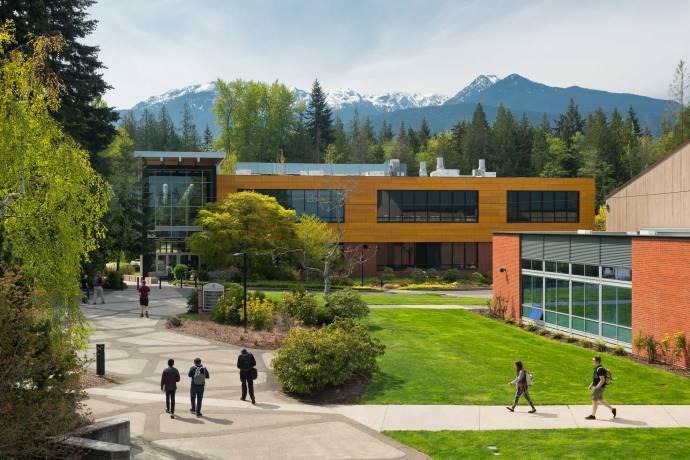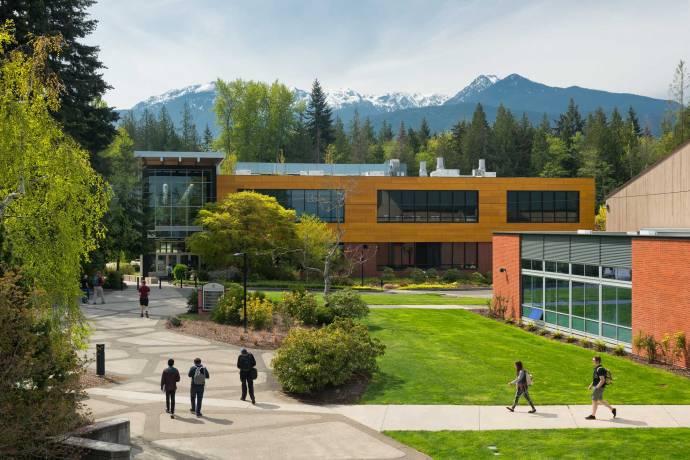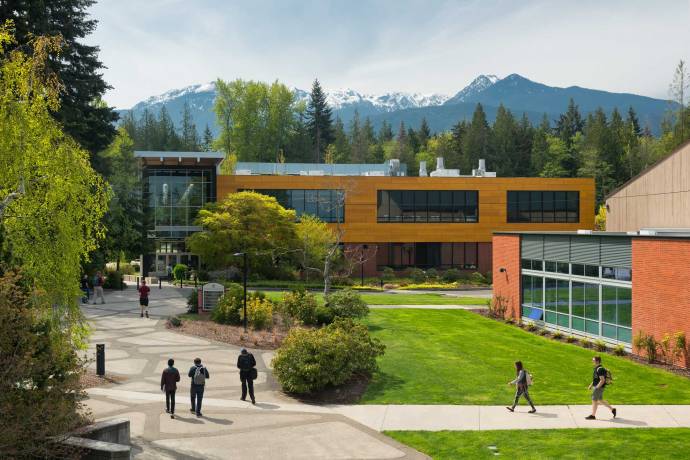About
How can economic change in the past help us understand future sustainable development? The Economy and Society programme from Lund University is taught in English and aimed at recent high school graduates with a strong academic background, international career ambitions, and the drive to gain knowledge and skills in global context analysis, both in the public and private sector.
Apply Now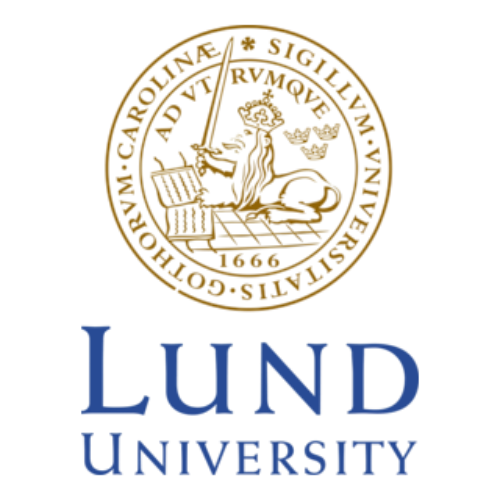
Lund University
Main campus: Lund, Sweden72
Lund University
Key information
Duration
Full-time
3 years
Start date & application deadlines
Starting Date
January
August
Language
English
Credits
180 credits
Delivered
On Campus
Campus Location
Lund, Sweden
Disciplines
Social Science
Explore more key information Visit programme website
Overview
Key features
This Economy and Society programme from Lund University combines the two complementary fields of economic history and economics. It will appeal if you want training in the application of economic theory and quantitative methods to real problems.
You will examine important global issues, for example mechanisms driving economic growth and development over time at both national and regional levels, and the importance of education and human capital in economic change.
You will also learn about future sustainable development at the national, company and household levels. While the scope is global, the Scandinavian experience will be central when identifying lessons to be learned.
The BSc in Economy and Society offers:
- A vast, yet focused curriculum in economic history and economics, combined with complementing electives in other social sciences
- International perspectives from faculty members and students
- Team-based projects enhancing cross-cultural learning
- Opportunities of internships in companies and/or exchange studies abroad at one of our partner universities.
- Study and career advice
Career prospects
The skills you will develop by studying economy and society are attractive to a range of employers. Our graduates are likely to find work in a variety of industries, including politics and government, banking and finance, NGOs, charities and international development, as well as in the press and media.
Programme Structure
Courses include:
- The Rise of Europe and the Atlantic Economy
- Colonialism and Economic Change in Africa, Asia and Latin America
- Economic growth in Modern Europe, North America and the OECD Club
- The Global South: Comparative Economic Development since 1945
- Financial Economics
- Demographic Challenges
Academic requirements
We are not aware of any specific GRE, GMAT or GPA grading score requirements for this programme.
English requirements
Tuition Fee
Here’s what we charge for tuition.
The living costs include the total expenses per month, covering accommodation, public transportation, utilities (electricity, internet), books and groceries.
Scholarships Information
Visa information
Student Visas for Sweden
Are you from Bangladesh? You might need a residence permit for studies…
Don’t worry, everything is under control. We’re here to make your search for the right international degree in Sweden a little easier and more enjoyable. While we’re working on that, you can get started on your own by:
- Check if you really need a residence permit.
Since you’re from Bangladesh and planning full-time studies in Sweden, yes, you’ll need a residence permit for studies. - Start exploring the official Swedish government website.
The Swedish Migration Agency handles all residence permits for students. That’s where the latest and most reliable information lives. Bookmark it, read it carefully, and reread it. - Check the deadlines.
The application process can take several weeks or even months. Missing a step or delaying your application could mean missing the start of your semester. Not the kind of plot twist you want. - Go on a paperwork treasure hunt.
Passport?
Letter of Admission from your Swedish university?
Residence permit application form, proof of accommodation, bank statements, English proficiency test results, academic transcripts… yes, the list is long, and yes, you’ll need every single piece. - Start saving up.
You’ll need to show you can financially support yourself while studying in Sweden. That means proving you can cover tuition (if applicable), living expenses, travel, visa fees, and maybe even those fika breaks. - Boost your English or Swedish skills.
Even if you’ve already taken IELTS, TOEFL, or other tests—or plan to study in Swedish—strong language skills help with your studies, integration, and life in Sweden.
All in all, getting your Swedish residence permit might feel like a lot, but it’s one big step toward an even bigger adventure.
Thanks and good luck!
Work Permit
Find out all you need to know about work permit regulations for studying part-time (during studies) and full-time (after studies) in Sweden
Work while studying in Sweden
If you’re an international student, you may be allowed to work in Sweden, but there are specific rules depending on your residence permit.
| How can I apply? You do not need a separate work permit for part-time work as a student. Your residence permit for studies usually includes the right to work. Check with your university’s international student office for guidance and any internal procedures. |
Application requirements
|

| Duration of work rights You can work as long as you are enrolled in your course and hold a valid residence permit for studies. |
Maximum hours of work per week
|
|
Required documents
|
